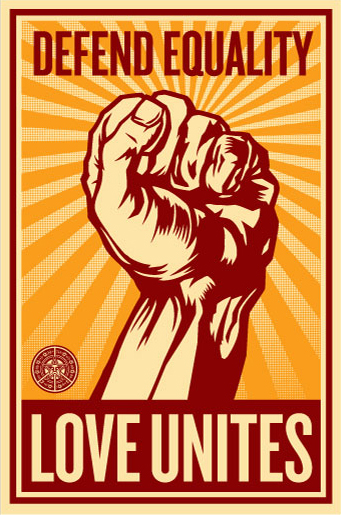 | ||||||
February 2009 We've all heard the news about the outrageous bonuses and expenditures by the CEOs of the huge banks receiving generous federal bail-outs, courtesy of American taxpayers. Just this month alone, we've seen this egregious behavior:
"We all need to take responsibility," said President Obama. "This includes executives at major financial firms who turned to the American people, hat in hand ... even as they paid themselves customary lavish bonuses. It's shameful. And that's exactly the kind of disregard of the costs and consequences of their actions that brought about this crisis: a culture of narrow self-interest and short-term gain at the expense of everything else." Below, we give you links to our resources for shifting your banking (checking, savings, credit cards) toward institutions that truly share your values. And when you leave that mega-bank – tell them why. Nothing motivates corporate change faster than losing customers – especially in this economy.
CHECKING AND SAVINGS ACCOUNTS When you open a checking or savings account with a traditional bank, your money can end up funding all sorts of unwise pursuits – not only lavish parties and executive bonsues, but also projects you would never support: fossil-fuel energy projects or construction of big-box stores, for example. Community development banks and credit unions, on the other hand, channel funds into projects that build healthy communities. They help low- and moderate-income people buy homes, start small businesses, continue their education, or create much needed services like child care. The basic principles of community investing keep community investing institutions strong: Lenders and borrowers know each other. Lenders invest in the success of their borrowers—with training and technical assistance along with loans. And the people who provide capital to the lenders expect reasonable, not speculative, rates of return. If all banks followed these principles, the economy wouldn't be in the mess it's in today. Opening a checking or savings account with one of these banks will make your money ork for social change. Community development banks and credit unions have all of the same services of the mega-banks – from checking to CDs to money market accounts. Your checking and savings accounts are federally insured up to $250,000, and many of them offer online banking, so even if there isn’t one near you, you can still use your banking to create healthy communities. You can find a searchable database of banking options at our Community Investment Web site, where you can also click on "Stories" to learn more about the work of a specific bank. Visit our www.CommunityInvest.org » Get more background info on community investing »
CREDIT CARDSTake a look in your wallet. If you use credit cards, chances are that you've got a card sponsored by one of the mega-banks. Our Real Green newsletter article introduces you to several credit cards issued by socially responsible banks and credit unions that exemplify responsible lending practices—as well as community investing institutions that take the social mission one step further by also investing in low-income populations. Our article links you to credit cards from banks that invest in communities from Portland, OR to Durham, NC, and that devote a portion of their income to issues from the environmental stewardship of the Pacific Coast to reducing carbon emissions. |
Sunday, May 3, 2009
Banking Alternatives to Banking with Big Banks
Ever wondered what big banks invest your money into? Well...often its often used to line executive pocketbooks or invest in big money generating projects that are terrible for the environment and/or human rights and/or all kinds of other things that one might want to conserve and uphold. Check out the article below for more info on this and on how to find out how to bank with banks that invest in programs that help not hurt communities, and that are less likely to gamble your savings for their own profit.
CLICK HERE! to link to article below...
Subscribe to:
Post Comments (Atom)














No comments:
Post a Comment